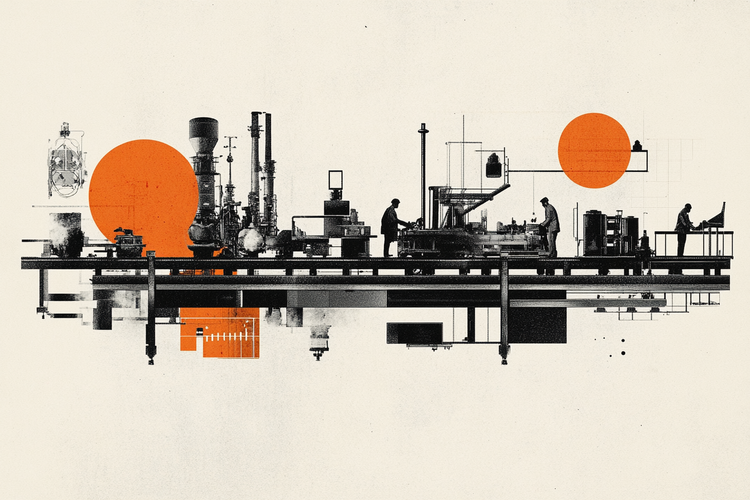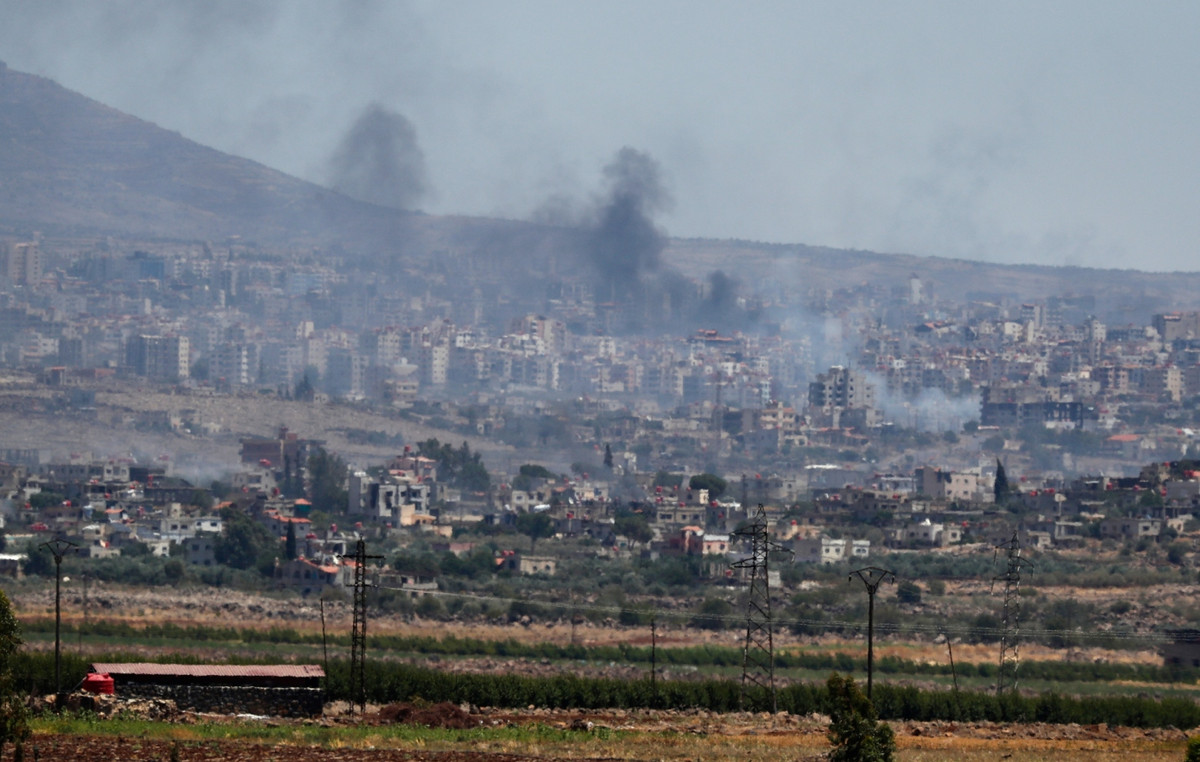Brazil has seen a slight improvement in the quality of basic education, but it is still far from achieving targets for the final years of elementary school and high school. The Ministry of Education (MEC) released data from the Basic Education Development Index (IDEB) 2023 this Wednesday, the 14th.
The main indicator of education quality in Brazil, the Ideb includes scores from both public and private schools. It is composed of the averages obtained in the Portuguese and Mathematics tests of the Basic Education Assessment System (Saeb) and the approval rates verified in the School Census.
The network that offers the initial years (1st to 5th) of elementary education in the country received a score of 6 in the 2023 Ideb, which exceeded the pre-pandemic level (5.9) and reached the target that should have been achieved by the stage in 2021. The score ranges from zero to ten.
In the final years of elementary school (6th to 9th), Brazilian education reached 5 in 2023, compared to 4.9 in 2019. The target for this phase was 5.5.
In secondary education, Brazil scored 4.3. The index is slightly higher than the 4.2 recorded in both previous cycles. Despite a small improvement, the index is one point lower than the target of 5.2 for 2021.
The indicator was created in 2007 – during the administration of Fernando Haddad, the current Minister of Finance at the Ministry of Education – with targets for the networks until 2021. This is the first year in which there are no specific objectives to be achieved. The Ministry of Education, however, is considering the objectives for 2021 and states that it will develop a new indicator for quality starting in 2025.
“There is no public policy that can be successful without goals, objectives, planning, and strategy. This is an important meeting for Brazilian public education so that we can guide the next steps for basic education in our country,” said the Minister of Education, Camilo Santana.
This is the first cycle analyzed to provide indications about the impact of the Covid-19 pandemic on education. This is because the data for 2021 ended up being affected by the high approval rates during the period, since most of the networks adopted the so-called “curricular continuum”, with the merger of the 2020 and 2021 school years.
“We did not reach the levels of 2019, but it was an approximation curve”, admitted the minister.
Furthermore, few students took the Saeb that year, which could influence the indicator. In this context, experts say that comparing the rates recorded in 2023 with the 2021 edition would cause distortions.
Source: CNN Brasil
I’m James Harper, a highly experienced and accomplished news writer for World Stock Market. I have been writing in the Politics section of the website for over five years, providing readers with up-to-date and insightful information about current events in politics. My work is widely read and respected by many industry professionals as well as laymen.







